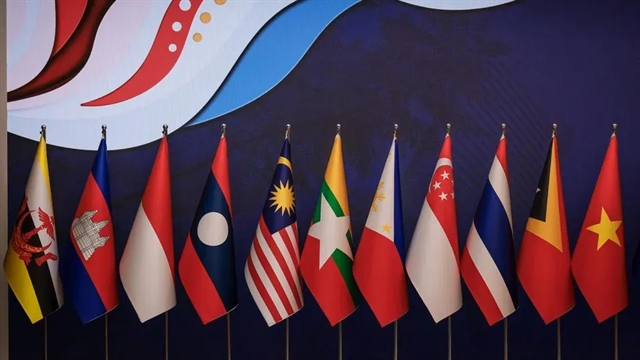 World
World

TRIPOLI — Libya's unity government announced late Tuesday it would halt its participation in UN talks aimed at brokering a lasting ceasefire in the war-torn country where a fragile truce has been repeatedly violated.
The pull-out came after a barrage of rocket fire hit a port in the capital Tripoli – the target of a months-long operation by eastern military commander Khalifa Haftar to oust the Government of National Accord (GNA).
"We are announcing the suspension of our participation in the military talks taking place in Geneva until firm positions are adopted against the aggressor (Haftar) and his violations" of the truce, the GNA said in a press release.
"Without a lasting ceasefire... negotiations make no sense. There can be no peace under the bombing," it added.
The port strikes were the latest violation of a tenuous truce that came into effect in January, brokered by Haftar-backer Russia and Turkey, which supports the UN-recognised government in Tripoli.
There was no immediate claim of responsibility for the attack.
"It is clear the objective of the systematic bombardments of the residential areas, the airport and the port, in addition to the total blockage of the oil installations, is to provoke crises for the citizens in all the aspects of their life", the GNA statement said.
It added that Haftar's forces were "trying in vain" to destabilise the state, having failed to seize power.
UN Libya envoy Ghassan Salame launched the second round of talks on Tuesday in the latest international effort to end fighting between the warring sides, with five senior officers from the GNA and five appointed by Haftar's Libyan National Army (LNA) taking part.
A first round of the talks ended with no result earlier this month but Salame said there was "more hope" this time, mainly because of the approval of a UN Security Council resolution calling for a "lasting ceasefire". — AFP